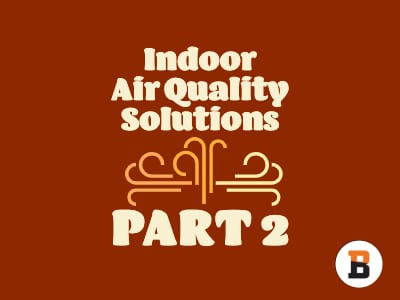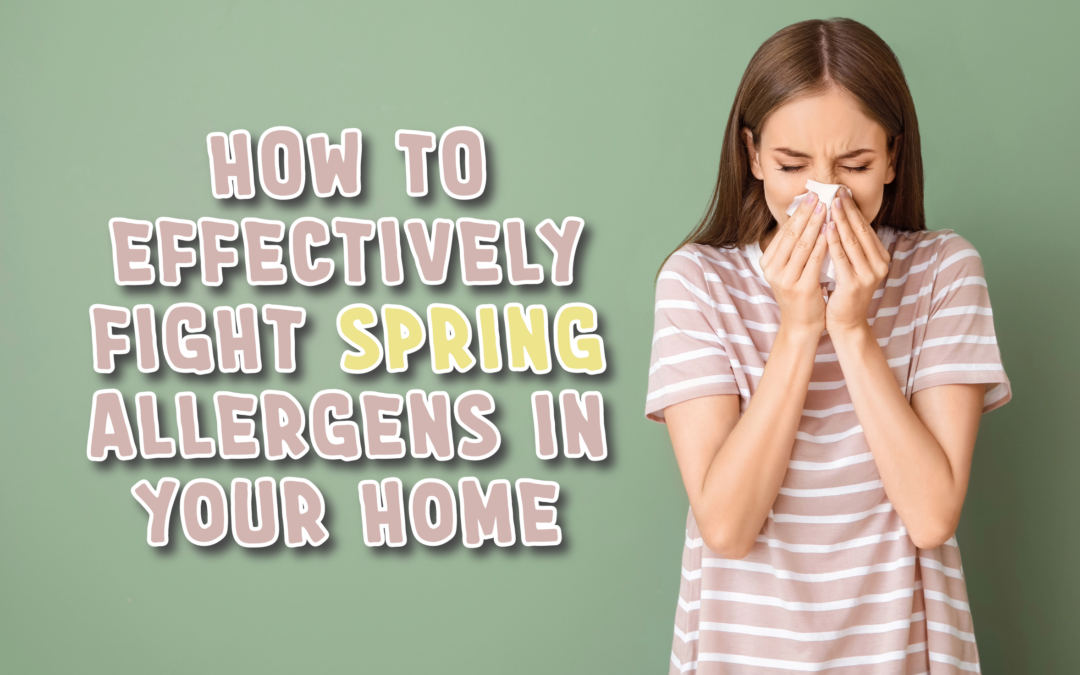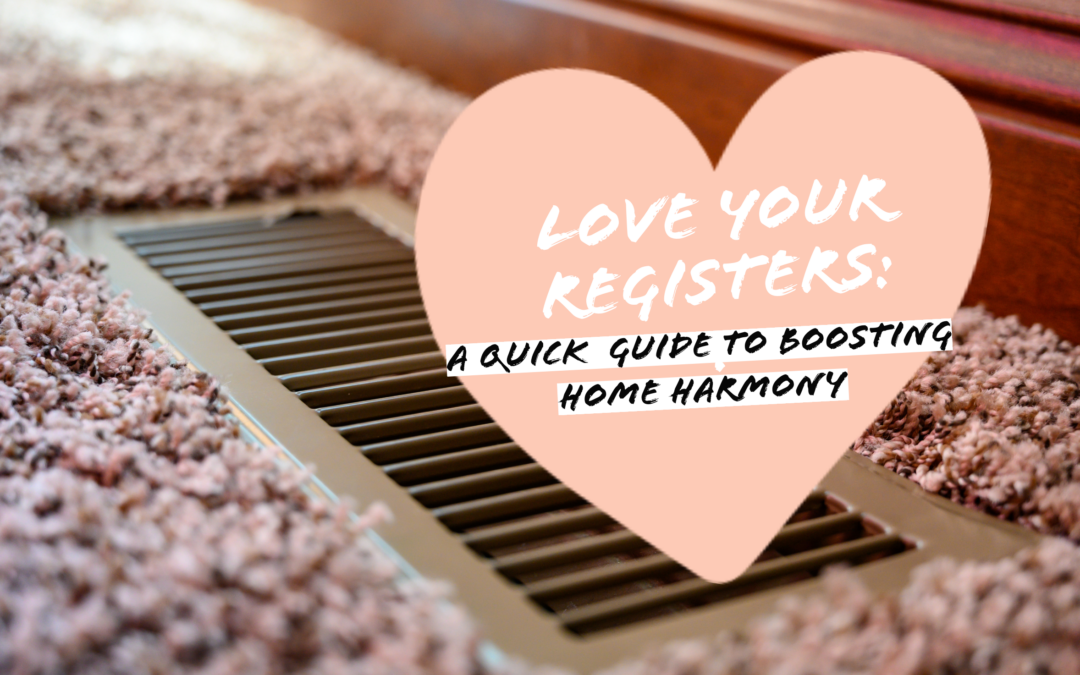Most of us spend most of our time indoors. We eat indoors. We sleep indoors. We work indoors — most of us that is, at least most of the time. What most of us do not realize, however, is that the air we breathe indoors is usually far more polluted than the air we breathe outside. With the health hazards of indoor air being so high, we at Beavercreek Heating and Cooling composed the following to assist you in making informed choices to improve indoor air quality. Although there isn’t a great deal one can do about outdoor air pollution, the ozone and global warming, the pollution within our homes is one thing we can definitely all do something about.
NO SMOKING INSIDE
We could go on and on about this one. To keep it short, homes in which there is any smoking, there is always a good deal of air pollution. And it makes sense. In houses where there is smoking, the smoke is not just limited to the air. It is immersed into the furniture, implanted in the carpet, attached to the bedding, and coating the walls. All this can intensify a whole list of breathing and health problems in the home, particularly if you have little ones. The smoke from tobacco carries thousands of different chemicals and pollutants that are toxic. Most people know smoking can even lead to premature death. So if smoking is an absolute must, take it outside for the well-being of everyone inhabiting in the home.
TEST FOR RADON
Sometimes the ground in specific areas releases radon, experts say, so it’s always a good idea to have your residence checked for its presence. Radon is an odorless, invisible gas that can lead to lung cancer. When it is released, the composition of your home can act as a “chimney,” causing negative pressure to suck the gas inside, especially basements.
ELIMINATE AEROSOL PRODUCTS
Aerosol, utilized in an assortment of household products, is another major cause of indoor air pollution. Popular aerosol products are used in hair spray, cleaning supplies, deodorant, insect killer, air freshener, and more. Reducing the use of these can preserve the air in your home or business.
CAR EXHAUST FUMES
Car exhaust fumes can be a major problem in some homes. A lot of homeowners let their vehicles idle or warm up during the colder months, which can be a significant cause of poor air quality for houses with attached garages. It is especially important to remember this when the garage door is closed. Take the car outside if you must warm it in your attached garage, or at least leave the garage door open.
NON-SCENTED PAINT
The abundance of different types of paint products on the market nowadays are countless. If you do your homework, you can find paints that are unscented and are designed to promote good indoor air quality. This is important if you are doing any home renovation or restoration work. Select environmentally-friendly paint to ensure better indoor air quality.
GET SMOKE DETECTORS
Smoke alarms are crucial to have in any occupied structure. But not only are they made for alarming you of a fire. These lifesaving detectors warn you when there is any smoke in the air. They play a vital role in guaranteeing good air quality in your living spaces.
BEWARE OF CARBON MONOXIDE
It’s not only smoke you’ll want to be aware of. You’ll also want to get carbon monoxide detectors in your residence. This colorless, odorless gas might be one of the most dangerous substances you could come in touch with within your home. Your best defense against it is a carbon monoxide detector. Most people don’t usually consider this a top priority when talking about indoor air quality, but make no mistake; they save lives every day. The inefficient burning of fossil fuels, such as natural gas, causes the release of carbon monoxide. This happens typically in antiquated heating appliances. Furnaces, boilers, and gas fires are excellent examples. Also, if your flue or chimney is blocked, the CO will cause a dangerous concentration to build up fast.
LIGHT SOME BEESWAX CANDLES
Candles make spaces feel comfortable, but many candles have paraffin in it, which is manufactured from petroleum and can hurt your home’s indoor air quality. Instead of regular candles, buy beeswax candles, which release almost no smoke. They are great options for those with allergies and asthma.
GO FRAGRANCE-FREE
Some of the fragrances found in common cleaning products are known to affect people with allergies and asthma. Look for fragrance-free alternatives when purchasing laundry detergent and kitchen and bathroom soaps. To keep your house shining clean, also look into using more natural cleaners like baking soda and lemon and vinegar, which are known to work just as well.
REGULARLY SERVICE YOUR FURNACE
Stay on the ball with your furnace. Making sure your furnace is serviced frequently by a professional will save you a lot of headaches — literally. Think coughing and wheezing and headaches and sneezes. When your furnace isn’t performing optimally, it won’t clean your air properly. Worse yet, it can create more costly maintenance issues down the road, or cease functioning altogether. Regularly servicing your furnace is imperative. Try to have it done at least once per year.
To figure out the best maintenance program for your unit, call Beavercreek Heating & Cooling at 937-708-8527 or schedule an appointment now online at www.beavercreekheatingandcooling.com/schedule-now/.








